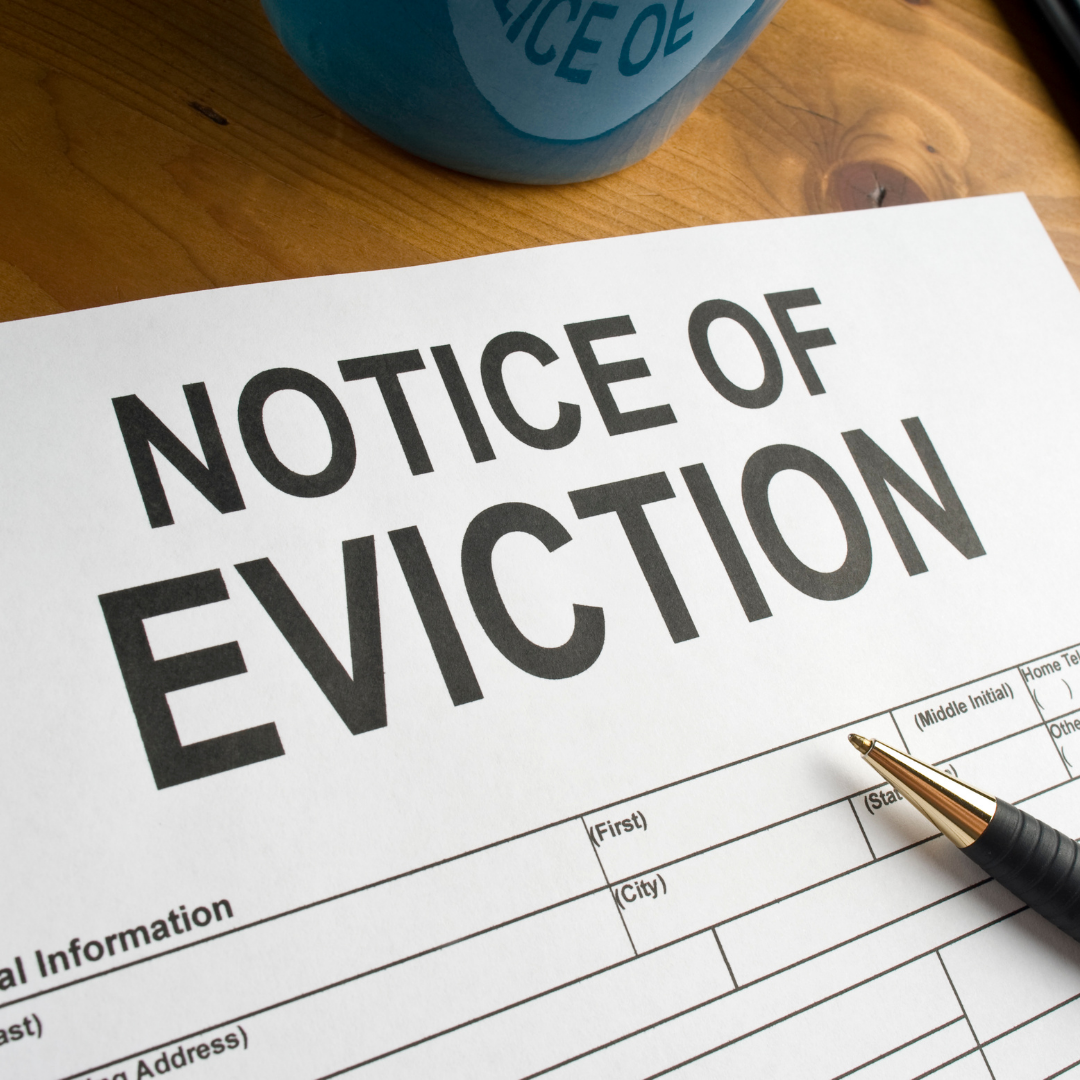It’s no secret that America is experiencing an unprecedented eviction crisis that is slowly sweeping across the country. Over 350,000 evictions have been filed across the country to date. Where will all of these renters go? Understanding landlord’s plight to pay the lender and their shareholders is noteworthy, but renters don’t share empathy for landlords. There is a great divide on the horizon and property managers must create substantive and sustainable solutions for both the landlord and their tenants. The COVID-19 pandemic has adversely affected nearly every aspect of our lives for over a year now. With the dramatic rise in unemployment last year between January 2020 and May 2020 and the incredible length of time that many areas of the country have suggested their residents stay home, both sides of the rental relationship have suffered.
Charts sourced from the press office of the U.S. Bureau of Labor Statistics
Thankfully, the US government has worked out a few plans to keep renters in their homes and landlords protected as well. Here are some tips on alternative routes that keep the landlords out of court and the residents in their homes.
Landlords Can Apply On-behalf of Their Residents For Rental Assistance
That’s right! Landlords and property owners can also apply to receive mortgage forbearance relief. Landlords all over the country have been suffering as a result of the pandemic, too. Since this is the only means of income for many of them, they’ve been struggling, too. If your landlord has applied to receive mortgage forbearance, their residents may also be protected.
Property managers can apply on behalf of the landlord for assistance on their residents’ behalf! If the landlord request assistance for their resident, they must obtain a physical or electronic signature from the resident on their application. They must also share documentation of the application with the resident, and ensure that any funds received on behalf of the resident are used towards the resident’s rent payment.
Do Your Residents Qualify For The CDC’s Eviction Protection Declaration?
To ensure people have a stable living environment throughout the pandemic, the Centers for Disease Control and Prevention (CDC) issued an Eviction Protection Declaration that protects many residents from eviction. The first step in avoiding filing for eviction is to see if your resident qualifies. Your resident must be able to check one or more boxes in both of the following categories:
Income
- I received a stimulus check (Economic Impact Payment) in 2020 or 2021
- I was not required to report any income to the IRS in 2020
- In 2020 or 2021, I earned (or expect to earn) less than $99,000 as an individual or less than $198,000 as a joint tax return filer
- You are likely to have earned under this amount if you receive any of the following benefits:
- Supplemental Nutrition Assistance Program (SNAP)
- Temporary Assistance for Needy Families (TANF)
- Supplemental Security Income (SSI)
- Social Security Disability Insurance (SSDI)
If none of the above apply, you do not qualify.
Financial Hardship
I cannot pay my full rent or make a full housing payment because:
- My household income has gone down substantially
- I have been laid off from work
- My work hours or wages have been cut
- I have extraordinary out-of-pocket medical expenses, defined as 7.4% of my adjusted gross income for the year
If none of the above apply, the resident does not qualify.
If your resident does qualify, they will need to fill out the CDC’s Eviction Protection Declaration and give the signed and dated form to the property manager. If your residents need assistance completing the form, they may call the Department of Housing and Urban Development (HUD)’s housing counseling program at (800) 569-4287.
State & Local Rent Assistance
Billions of dollars in rental assistance have been provided to state and local governments to assist their residents in avoiding eviction. Many people are unaware this money exists, however! Property managers can check with their county and state governments to see if residents qualify for rent assistance. The state and local agencies may be able to pay residents rent or help mediate a payment plan. You can also find a list of available programs by clicking here.
Additional Tips On Avoiding Eviction
No matter if rental assistance is received or not, it is very important to promote an open line of communication that is sincere and genuine. Many renters have lost their jobs due to Covid. Show empathy and have a relief packet ready to hand to them. This packet should include local, state, and federal resources, local food banks, churches, and social service office information near your community. Ask your resident for a copy of your papers showing that Covid was the reason for your layoff or termination. Many residents cannot go back to work because their kids are not in in-person school yet and there aren’t options for daycare. It is important to consider alternative methods for residents and keep them abreast of any alternative solutions any local programs may be offering that will get them back to work.
Talk to your resident about setting up a payment plan that is helpful to both parties. There are several ways a resident can pay back the monies owed and get caught up on their rent. Call our team at Melan Property Management and ask us how.
We sincerely hope that this information is helpful and that evictions are reduced to keep a majority of residents properly housed. If you have any questions on managing your property and providing your tenants with the best possible home, contact Byrdy Kelley at [email protected] or click here.


